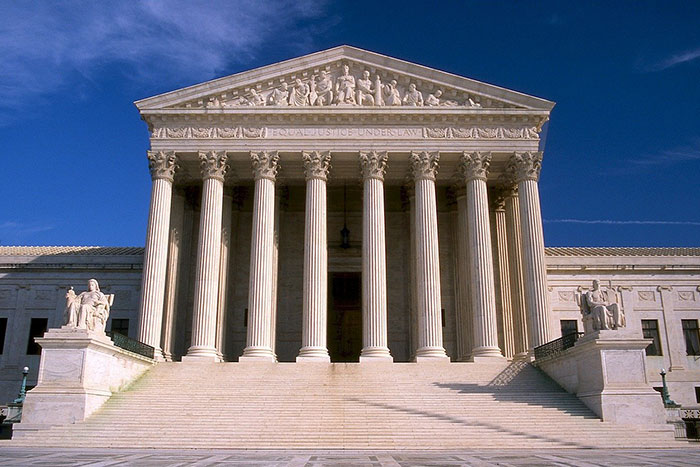A Boston-based federal appeals court on Thursday upheld an earlier ruling that cleared Harvard University of discrimination against Asian-American applicants. A lawsuit brought by Students for Fair Admissions, a group representing Asian-Americans, had challenged Harvard’s affirmative action policy, describing the policy as favoring Black and Hispanic applicants.
Judge Sandra Lynch, a member of the appellate panel, said that while Harvard has sought to engage in continuous deliberations with stakeholders regarding its admissions process, its limited use of race in its admission policy was congruent with previous rulings by the Supreme Court.
“Harvard has shown that its holistic consideration of race is not impermissibly extensive,” Lynch wrote in her ruling.
The ruling is a massive blow to the advocacy actions of the group that was seeking to correct the ills of Ivy League colleges and their admission policies regarding Asian students. The decision also makes it possible for the Supreme Court to intervene in the matter.
Edward Blum, president of Students for Fair Admissions, said while he is disappointed at the current ruling, this would not be the end of the matter, as his group will appeal the decision.
“This lawsuit is now on track to go up to the U.S. Supreme Court, where we will ask the justices to end these unfair and unconstitutional race-based admissions policies at Harvard and all colleges and universities,” Blum said in a statement.
Blum has a long history of opposing racial admissions policy that has largely favored Black and Hispanic students. In 2016, he was on the losing side of a Supreme Court judgment in a case against the University of Texas, brought on by Abigail Fisher, a white student.
The current ruling by the 1st Circuit US Court of Appeals was a sweeping statement to the Trump administration, whose Justice Department was also an interested party taking sides with the Students for Fair Admissions Group.
The case renewed the public’s interest in the role of race in admissions, especially for top colleges in the US, and also sparked a national debate on just how far colleges can use racial considerations to promote diversity on campuses.
One of the highlights of the debate was the use of personal scores alongside academic and extracurricular ratings by Harvard to consider candidates for admissions. This rating system, the Students for Fair Admissions group argue, favors Blacks and Hispanics, and put Asian American students at a disadvantage.
Asian American students are often stereotyped as being only “book smart,” a trait that has caused Ivy-League schools to overlook them for the Black and Hispanic students who are considered all-rounders, excelling in academics and sports.
However, the appeals court affirmed the trial judge’s decision, who concluded that personal ratings were not influenced by race.
Chief Judge Jeffrey Howard endorsed Lynch’s opinion. A three-judge panel had heard arguments in the case in September, but one of the judges, Juan Torruela, passed on in October before this ruling was given. The statement noted that although Torruela had heard oral arguments, he was not part of the present decision.
Harvard has responded to accusations of racial discrimination by releasing the percentage for its new class of 2024. White students make up 47.7%; Asian Americans 24.6%; African Americans 13.9%; Latinos 11.8%; and Native Americans and Native Hawaiians 2.0%.
Harvard’s lawyer Seth Waxman said the ruling confirmed that Harvard does not discriminate on the basis of race and that it has sought to make its admissions process consistent with the Supreme Court precedent.
Source: cnn.com









